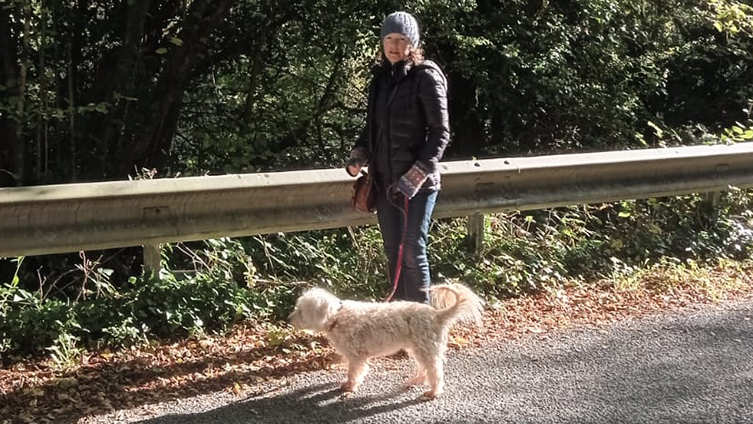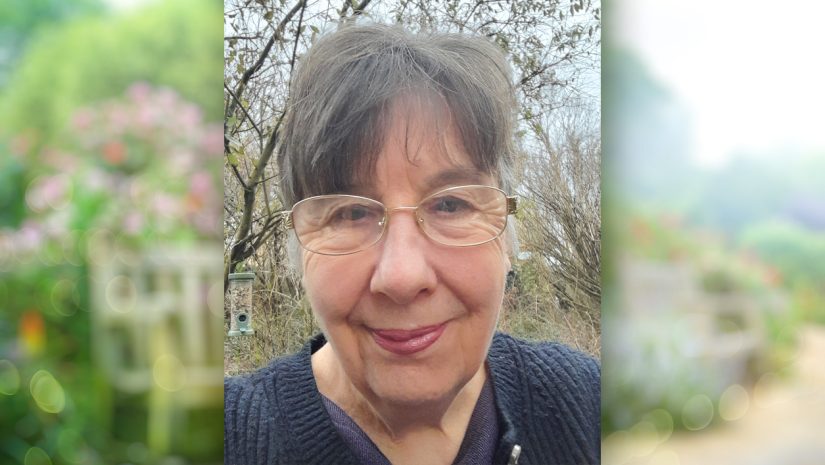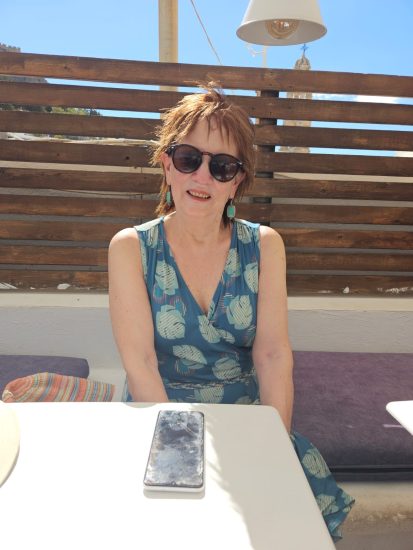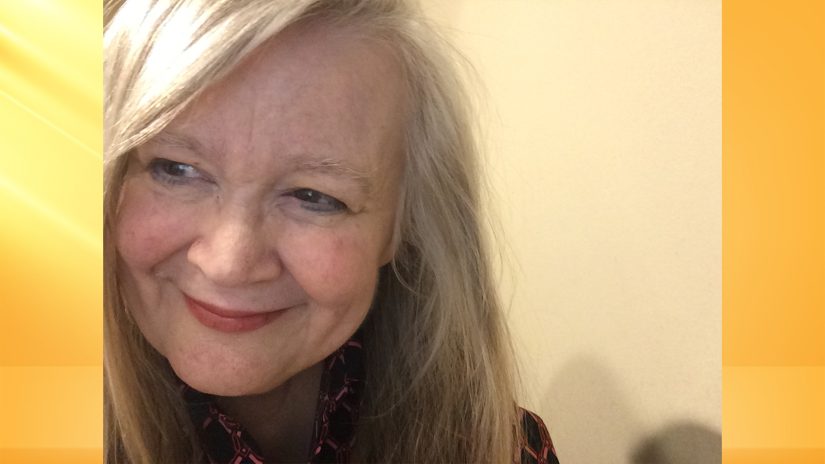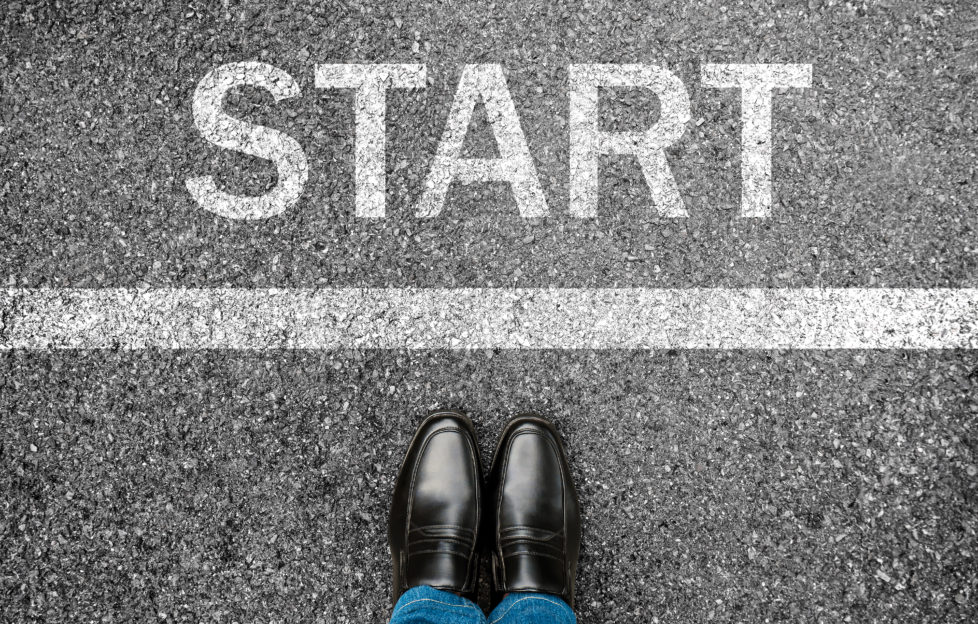
Joanne Harris is the author of everything from gothic novels to cookbooks.
Perhaps best known for her “Chocolat” series, Joanne is also very active on Twitter, where we found this wonderful thread.
Here, she’s gives ten concise pieces of advice on how a writer should approach beginning a story.
Take a look below. What do you think of her hints and tips?
Start at the beginning
1. Beginning a story in the right way, and in the right place, is the secret to taking your readers with you. If you don’t hook them in the first paragraph, they may not follow you at all. #TenWaysToBeginAStory
— Joanne Harris (@Joannechocolat) January 27, 2020
2. So don’t start your story with a lot of information (even if the readers are going to need it). Get them interested in what’s happening before you start giving a lot of explanations. #TenWaysToBeginAStory
— Joanne Harris (@Joannechocolat) January 27, 2020
We couldn’t agree more!
The first paragraph is definitely one of the most important parts of your story. It needs to immediately capture attention, and make your reader want to keep reading.
Alan from the Fiction team considered this in his recent article on memorable opening lines.
But remember: this doesn’t mean you have to give everything away in your first five sentences.
Build on your plot and characters as you move through the story.
Plot or character?
3. Some authors – especially thriller writers – like to start with a big scene first (a murder, a dramatic incident of some sort), then, when they’ve hooked their audience, they go back to put it into context. #TenWaysToBeginAStory
— Joanne Harris (@Joannechocolat) January 27, 2020
4. Some authors prefer to get the readers interested in the main character first: by showing something interesting or mysterious about them, or by getting the reader to connect with them in some way. #TenWaysToBeginAStory
— Joanne Harris (@Joannechocolat) January 27, 2020
What will you focus on at the start of your story?
A big plot point (like a murder, as Joanne mentions, or maybe a mysterious conversation, or a family argument)? Or will you focus in on your character first (their circumstances, or their state of mind, for example)?
Focusing on one at the beginning doesn’t mean you should neglect the other, of course.
You can’t have a great story without both great characters and a strong plot.
5. Either way, don’t start with something the reader is likely to skip, whilst waiting for something good to happen. Give them the good stuff right away. #TenWaysToBeginAStory
— Joanne Harris (@Joannechocolat) January 27, 2020
What type of story are you writing?
6. Your beginning doesn’t have to be high drama if your book isn’t that kind of book. Small dramas can be as suspenseful and engaging as big ones. #TenWaysToBeginAStory
— Joanne Harris (@Joannechocolat) January 27, 2020
There’s a reason our single best piece of advice for our writers is to read the magazine.
That way, you know what our readers expect to see on the page — information that can influence the plot of your story.
Take a look at this extract from our submission guidelines, for example:
Our readers like people — ordinary people, with problems they can sympathise with, and in situations they can relate to.
As Joanne says, real life can be more than dramatic enough at times!
In the right order
8. You don’t have to wait for the perfect opening scene to come to you before starting your book. Lots of writers work on other scenes as they wait for their opening scene to find them. #TenWaysToBeginAStory
— Joanne Harris (@Joannechocolat) January 27, 2020
9. It could be that the best way for you is simply to write your way into your story. When you reach your opening scene, just get rid of everything you wrote previously – and you’re off! #TenWaysToBeginAStory
— Joanne Harris (@Joannechocolat) January 27, 2020
Don’t worry if you don’t stick the beginning on the first try.
You can always write other parts of your story first. In fact, this might even help you form the perfect beginning.
It all comes down to the particular writing routine that works for you.
What are you writing about?
10. Keep thinking about what’s most important in your story. Is it a character, an incident, a relationship? Whatever it is, it should feature in your story’s opening. You’re taking the reader on a journey. You should at least hint at where you’re going. #TenWaysToBeginAStory
— Joanne Harris (@Joannechocolat) January 27, 2020
When considering what’s most important to your story, you should think about its theme.
For example, a story about lost love could begin with a character reminiscing about a past relationship, or a flashback to the moment that relationship came to an end.
Keeping your theme in mind means that, whether you choose to focus on character or incident, you’re still on track to tell the right story.
For plenty of writing advice from the team at “The People’s Friend”, click here or follow us on Twitter here.
You can follow Joanne Harris on Twitter here.

